To get people to do what they want, organizations use influence, manipulation, deception and – in the case of the government – direct punishment. Legal scholar and ethicist Cass R. Sunstein addresses these difficult issues methodically, touching on everything from the World Bank’s actions to types of light bulbs. Co-author of the influential 2008 book Nudge, Sunstein has been over this ground often, in the real world and in theory. He knows all sides of the argument and raises them readily and with contagious interest. Anyone interested in human behavior and organizational ethics will find ideas to relish here.
Ethical states embrace autonomy, self-government, dignity and public welfare. These four values should limit what states can do.
Governmental agencies, non-profit organizations and for-profit corporations gather data and run tests on their audiences. They use what they learn to shape people’s behavior. Are they using this information to coerce, which many people object to? Or are they using it to influence people, which most people find more acceptable – although people should still determine what is ethical and what is not.
Ethical states emphasize autonomy, self-government, dignity and public welfare. No state should transgress these four values. They constrain governmental actions and provide criteria for judging those actions. However, governments must do more than refrain from evil. They must promote people’s welfare, which does not arise spontaneously. At times, they must use coercion, though as seldom and as little as possible. Forbidding people from taking certain actions limits their autonomy and generates unexpected consequences, like outlawing something and thereby spawning a black market for it. Instead of fiat, governments should use influence, which can...
Cass R. Sunstein, the Robert Walmsley University Professor at Harvard University, co-authored Nudge with Richard H. Thaler and wrote Impeachment: A Citizen’s Guide, Can It Happen Here? and many other books.








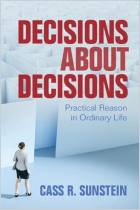
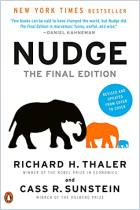
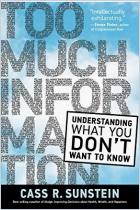
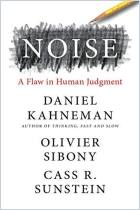
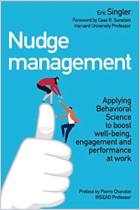
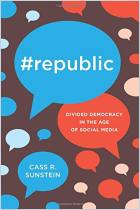

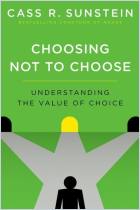
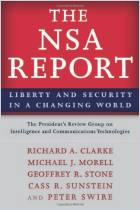


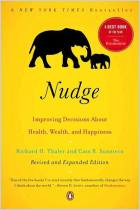
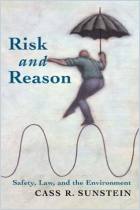

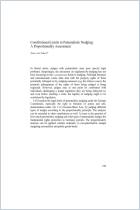

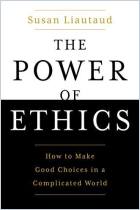
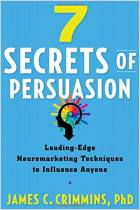
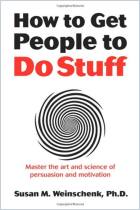
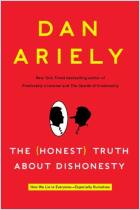







Comment on this summary or Start Discussion